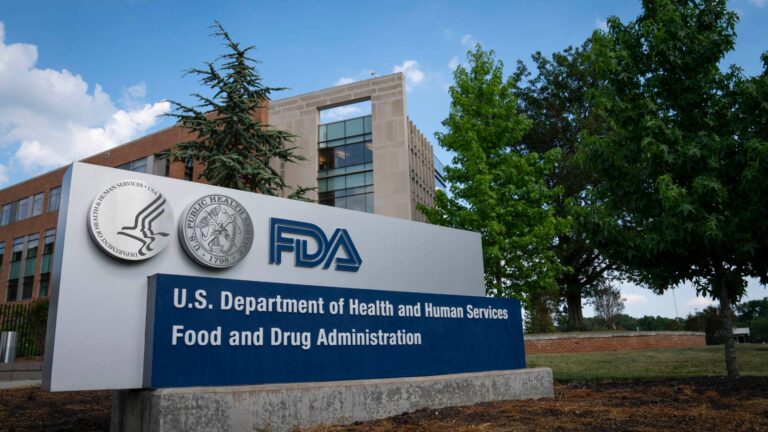Feb. 7, 2012 – Responding to patient and professional calls for more industry participation in the Internet and social media, a broad-based industry group – including the Coalition for Healthcare Communication – yesterday issued “guiding principles” at a members meeting in New York City to advance the digital presence of the medicines industry.
The Digital Health Coalition (DHC), co-chaired by Joe Farris and Mark Bard, introduced seven “Guiding Principles and Best Practices for Companies and Users” which represent a consensus of nearly 60 members, including drug and device companies, advertising and other marketing agencies, patient groups and others.
“Industry is leading the way with these principles and we hope FDA soon will follow with more definitive regulatory guidance,” said Coalition Executive Director John Kamp, who is a 2011 Digital Health Scholar. “But patients and healthcare professionals expect robust participation in these media today. Hats off to Joe and Mark for organizing the effort and providing the spark to move us all forward.”
At the same meeting, Bard announced plans to create a task force of DHC leaders to create rigorous guidelines on when companies have control of digital content and thus can be held responsible for it by the FDA and other regulators. “Until the parameters of control and responsibility are more clearly developed, we cannot expect all companies to fully participate in the digital environment,” explained Kamp. “This is the next critical step for the DHC and all stakeholders in digital medicine.”
The seven principles announced yesterday are as follows:
- Regulated healthcare companies should endeavor to participate in social media as a means to promote public health, improve patient outcomes and facilitate productive patient/physician relationships.
- Regulated healthcare companies are not responsible for user-generated content online that they do not control. Regulated healthcare companies are deemed to “control” health and medical content if (i) it owns such health and medical content and has material editorial authority or (ii) it paid for the creation of such content and has material editorial authority over such content.
- Regulated healthcare companies have a responsibility to report adverse events they become aware of. Regulated healthcare companies should follow the existing adverse event reporting rules in place at the FDA.
- Employees of regulated healthcare companies should disclose their material company relationship when posting comments/content or engaging in an online conversation relating to a company product or relevant healthcare issue.
- Regulated healthcare companies should endeavor to respond to questions on sites they control within a reasonable period of time, and to implement reasonable measures to enable timely responses to crisis and emergency situations.
- Regulated healthcare companies should endeavor to make reasonable efforts to correct misinformation that is factually incorrect.
- Regulated healthcare companies should endeavor to appoint employee(s) tasked with the role of “patient liaison” focused on representing the best interests of the patient online.
The DHC is a nonprofit organization with 501(c)(3) status and was created to serve as the collective public voice and national public forum for the discussion of the current and future issues relevant to digital and electronic marketing of healthcare products and services.



